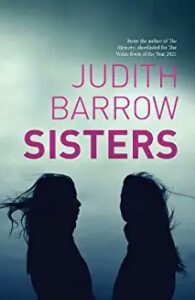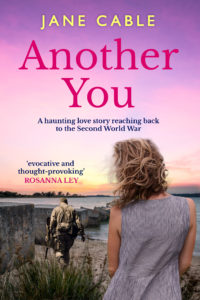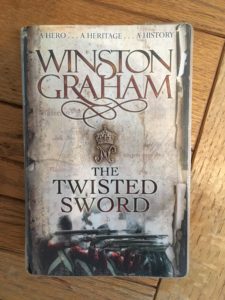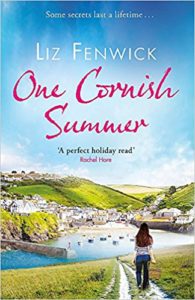Three books read for pleasure and another for research… My book of the month for January is the brand new family drama from Judith Barrow, Sisters, which was published by Honno last week.
This novel about how childhood lies spiral into adulthood had me gripped from the very first chapter. One sister causes a dreadful accident and the other is blamed. The set up sounds simple enough – one moment changes both their lives. But it is the complex and realistic emotions involved that made this book as we follow Angie and Lisa from the estrangement of their teenage years into their twenties and beyond.
Judith Barrow is such a skilled storyteller I was completely immersed in the narrative, living alongside the characters as the plot played seamlessly out. It is hard to say too much about the story itself without including spoilers, but take it from me, Sisters is a first class read.
The Thursday Murder Club by Richard Osman
I’m not sure why I didn’t expect to enjoy this book; perhaps it was the style of the prologue and first few pages that put me off, but once I got into the story I forgot all about it.
I have to say that happened very quickly. Such brilliant characters, I think I could have forgiven them anything, and there were plenty of things to giggle at too, which I didn’t really expect. As for the mystery I enjoyed the ride and the red herrings very much, but I wasn’t completely convinced by the final outcome. It just didn’t seem as well embedded as the rest of the plot, which was a bit of a shame.
 A Christmas Miracle for the Railway Girls by Maisie Thomas
A Christmas Miracle for the Railway Girls by Maisie Thomas
I can hardly believe that this is the sixth Railway Girls saga; I have enjoyed them all so much and the stories still feel fresh. Of course the characters are familiar and this book focuses on Cordelia, Mabel and the return of Colette. I had a hunch that would happen, but how it came about, and how this important strand of the story was hold surprised me.
The tension attached to this storyline had such emotional power I was so invested at one point I had to put the book down. I couldn’t bear to carry on reading, and yet I had to know what happened. Always an excellent writer, think is Maisie Thomas hitting a new high. Challenging, uncomfortable, and it made me angry.
But the book ends at Christmas and of course miracles do happen. And the gentler counterpoint of Cordelia’s story was perfect foil to Colette’s making it a brilliantly rounded read.
The Four Swans by Winston Graham
I love a Poldark novel; they are fast becoming a go-to comfort read, although in this case I read the next in the series to immerse myself in the era in Cornwall. Although I am writing some fifteen years later I was delighted to discover that the family inspiring me, the Bassets of Tehidy, had more than walk on parts in The Four Swans.
The swans are the four women in Ross’s life and although I loved the full richness of the tapestry drawn, the thread that drew me most was Demelza’s and Hugh Armitage’s pursuit of her. As ever the whole novel was superbly written and brilliantly researched. These are not modern classics for nothing.






